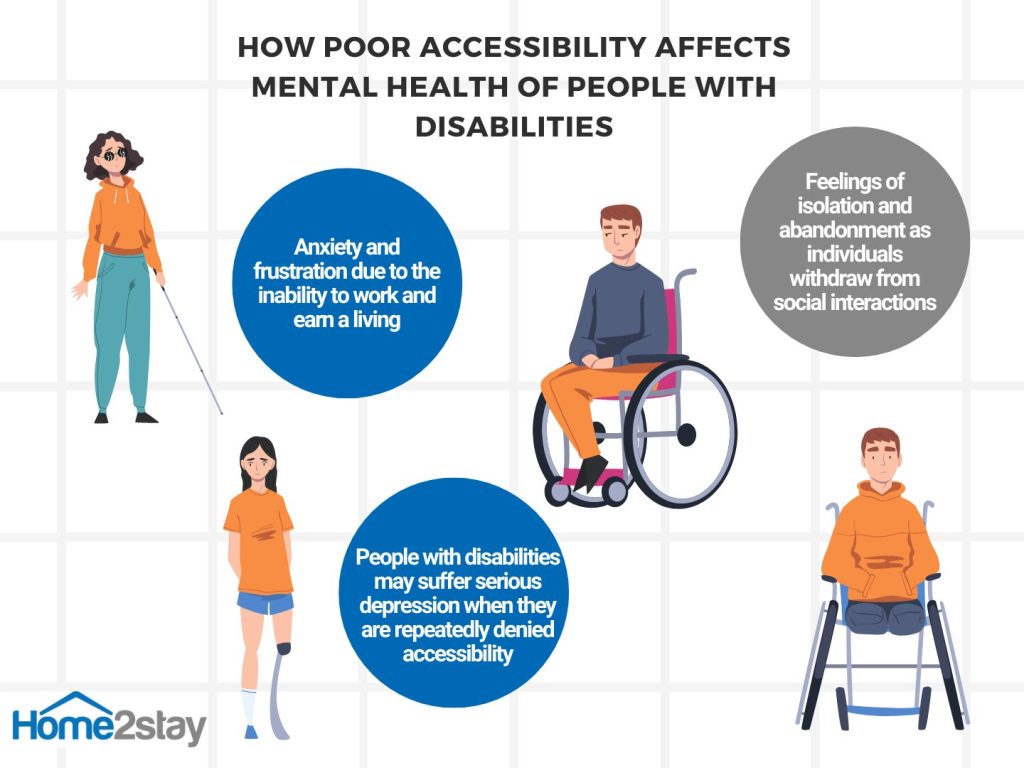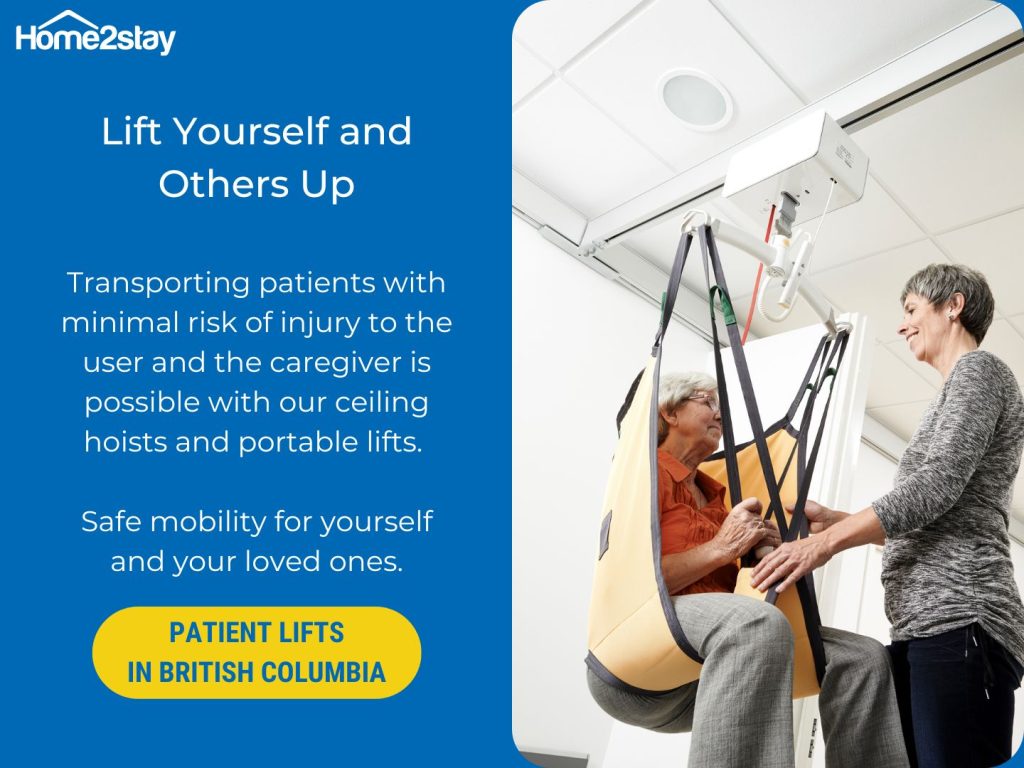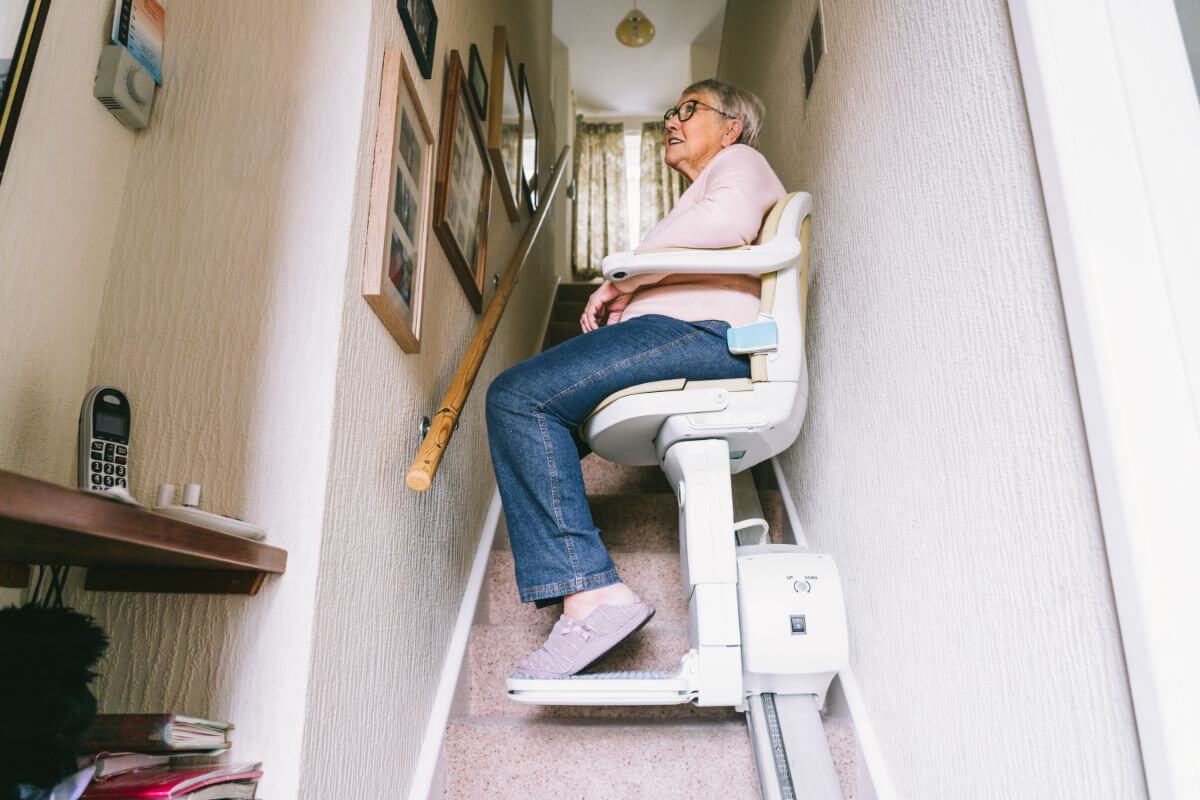How Poor Accessibility Negatively Affects Your Mental Health

Mental health is a topic that affects almost everyone, yet it remains a very tough phenomenon to describe.
One’s perception of his/her mental health can differ greatly from how others perceive him/her. For instance, when we talk to a colleague who is stressed by work, we might perceive it as a result of a lack of self-discipline or motivation. On the other hand, that same colleague may perceive his/her stress as a result of a toxic work environment.
While topics about mental health would have been taboo a few years ago, there has been a growing inclination to acknowledge mental health as a crucial component of one’s overall well-being during the past ten years. We have come a long way and are headed in the right direction!
One factor that plays a big part in an individual’s mental health is the quality of accessibility in one’s physical space. Just think about it- Do you feel frustrated when a shelf is too high for you to reach? Do you feel anxious when you cannot perform your everyday tasks such as taking a shower safely, due to physical limitations? Does it make you sad when you cannot visit a friend or family member because climbing up his staircases can be painful to your arthritic knees?
Now, think about how this affects a person with physical disabilities or mobility challenges- when they have to tolerate limitations on what they can enjoy in their daily lives, because of the numerous barriers that exist in their physical environment.
Accessibility concerns of people with disabilities
According to statistics, more than 6.2 million Canadians, or 22 percent of the population aged 15 and over, live with some form of disability that limits their level of freedom, independence, or quality of life. Since data on the prevalence of disabilities among children and youth under 15 years old are not included in this figure, the number of Canadians who live with disabilities is much higher (Statistics Canada, 2017).
In a paper published by the Department of Justice Canada regarding serious problems encountered by persons living with disabilities, the vast majority of the respondents, who were people with a range of disabilities, said that the biggest issue they encountered was the lack of accessibility in the built environment, which includes buildings, homes, streets, parks, and public areas.
The group discussed the effects of crumbling municipal infrastructure, inadequate
commitment to the universal design principles, inaccessible structures, and limited transit options. This prevalent, overarching issue made respondents feel left out.
For people with disabilities, fulfilling necessary errands, such as getting government assistance services, going to medical appointments, enjoying leisure activities, and commuting to their destination- can be very challenging.
Many common activities in Canada, such as sending a package, paying bills, or using bank services involve interacting with a federally regulated business or organization. The vast majority of Canadians who have disabilities, physical challenges, or chronic diseases (98.2%) said they have interacted with a federal sector organization or business at least once over the past two years. Almost three-quarters of the 5.2 million people who participated in the survey said they came across at least one form of accessibility barrier, even in a federally regulated establishment.
People with disabilities are also subjected to a form of discrimination called ableism. Ableism is a type of prejudice that restricts accessibility and diminishes the value of people with disabilities in society.
Poor accessibility has a negative impact on mental health
Accessibility limitations and challenges are frustrating. Being subject to these physical barriers on a daily basis can lead to mental wellness issues such as:
-
-
- Feelings of isolation and abandonment
-
When a person feels excluded, it’s challenging to maintain mental health. People with physical restrictions frequently can’t engage in all of the same activities as someone who is able-bodied, even with the most cutting-edge mobility aids currently available.
In the past two years, 73% of Canadians with a disability, handicap, or chronic illness that limited their daily activities encountered at least one obstacle when interacting with institutions or companies subject to federal law.
This leads to feelings of loneliness and isolation, as more severe forms of inaccessibility come into play.
When there are no wheelchair ramps or other mobility-friendly accommodations, it is difficult or impossible for persons with mobility issues to access their facilities without asking for help (on the other hand, asking for help can also lead to feelings of embarrassment or helplessness).
Those with visual impairments will not feel comfortable in places where all instructions and guides are written, while those with speech difficulties will feel anxious when given no other choice but to communicate verbally.
This may cause the person to withdraw from social interactions, and cause feelings of loneliness, which is actually a greater health risk than smoking and obesity.
-
-
- Serious depression
-
Depression can result from the combination of physical limitations and the mental toll that accompany these challenges.
Persistent emotions of worthlessness, despair, and hopelessness are characteristics of depression. Everyone has bad days, but severe depression is usually a long-lasting condition and may require medication and treatment.
People with disabilities suffer greatly when they are repeatedly denied accessibility to places, which leaves them feeling helpless. Additionally, about half of all patients relapse after receiving therapy for their first episode of depression, and the likelihood of this happening increases with each successive episode (70 percent and 90 percent after a second and third episode respectively).
-
-
- Anxiety and frustration
-
Being excluded from a leisure activity is upsetting enough, but accessibility issues don’t only affect individual outings, but the affected individual’s capacity to work and earn a living too.
Studies reveal that people with disabilities were less likely to be working (59%) than those without impairments (80%) among individuals aged 25 to 64 years.
Although some programs offer subsidies for people with disabilities in some places, the amounts are sometimes insufficient to live on. Currently, some provinces in Canada are also cutting benefits for individuals and households with disabilities. As high as 30% of Canadians with disabilities are living in poverty, according to Statistics Canada data.
People are forced to struggle to survive as a result. The financial difficulty may also raise the likelihood of mental health problems. Additionally, being unable to work might result in melancholy and anxiety.
Work provides people with the opportunity to connect with others, share their hobbies, and feel more accomplished and purposeful. Without work, people may start to doubt their worth and frequently feel useless. This exacerbates their mental health issues and raises their chance of developing new problems, both mental and physical.

Conclusion
Scientific studies have shown that a person’s mental health is closely linked to their physical health. But people with disabilities should not be made to feel worthless because of their limitations.
Unfortunately, this is what happens when so many locations are inaccessible for persons with disabilities. Being different can already be challenging, so we must make our reality as inclusive and accessible to everyone as possible.
Mental health concerns should be a priority for all of us. Creating an environment where people with disabilities have equal access to the same resources that able-bodied individuals enjoy is one way we can foster mental well-being.
Wouldn’t the world be a better and happier place if everyone is treated fairly and given equal access?
In Home2stay, we think critically about physical spaces and how to make them more accessible for everyone. If you want to know how your home or business can be made more inclusive, contact us today!
Book your FREE consultations and learn more about what we do and how we can help.





Leave a Comment
We'd Love to Hear Your Thoughts Got something to say? We're all ears! Leave your comments below and let us know what you think. Your feedback helps us improve and serve you better. Can't wait to hear from you!